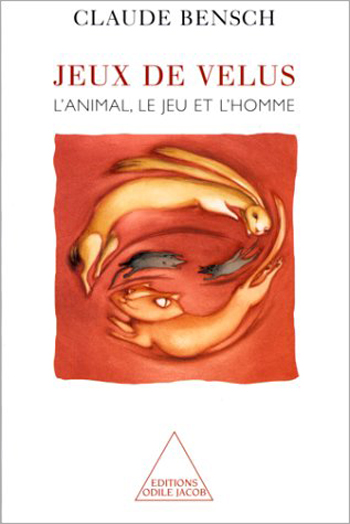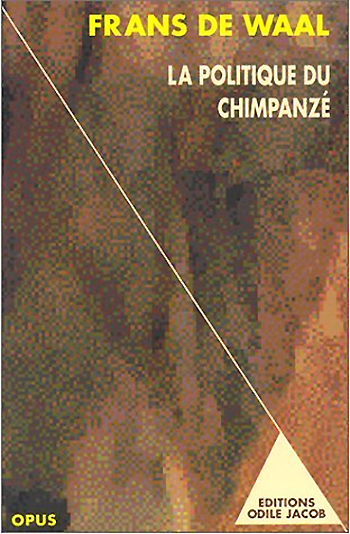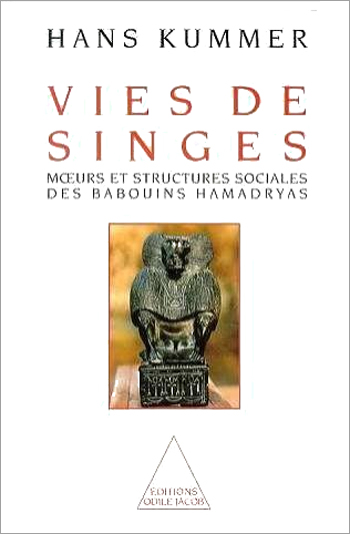Ethology All books
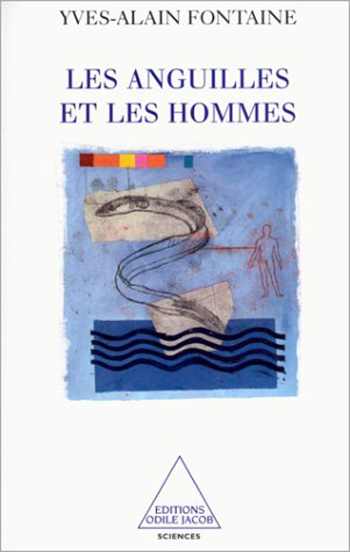
Yves-Alain Fontaine
Eels and Man
In this book, the author, an expert in his field, describes the most fascinating stages in the eels biological cycle, its migrations and the modifications it undergoes during its life. Eels interest us not only because of their life and breeding cycles, but also because of the questions they raise concerning our ideas about evolution. Does the notion of adaptation suffice to explain everything the eel has become? Doesnt a living creature maintain a certain amount of independence in relation to the world that surrounds it? Or is the relationship between a living creature and the environment which surrounds it more complex that we have generally realised ?

Richard Dawkins
The Selfish Gene
The Selfish Gene has been described as the most important book about evolutionary theory since Darwin. According to Dawkins theory of the selfish gene, natural selection does not take place on the level of the species or of the individual but rather among genes. Dawkins argues that human beings are programmed to preserve their selfish molecules, which are known as genes. Dawkins brilliant style shows that complex scientific ideas can be explained and made accessible to the general public, and that biology can be as exciting as an adventure story. Richard Dawkins is a renowned evolutionary biologist.
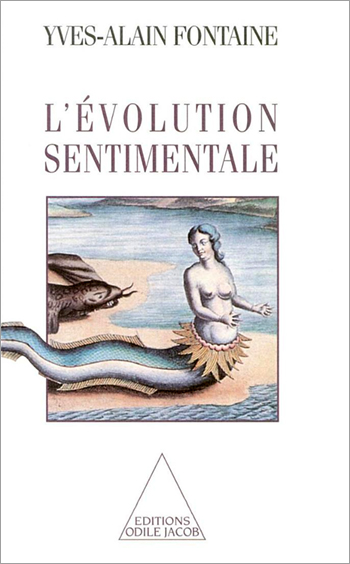
Yves-Alain Fontaine
The Sentimental Evolution
In the course of development, our way of living is fashioned by the world around us, but it is also shaped by discrete characteristics such as nature and the intensity of emotions like anxiety and egoism. From this point of departure, the author draws analogies about the ways in which we are human individuals and members of a species, and proffers the theory that, in the evolutionary process, there is also a sort of anxiety and egoism at work. Evolution, he suggests, might very well be both sentimental and selective. Yves Alain Fontaine is an honorary professor at the National Museum of Natural History.
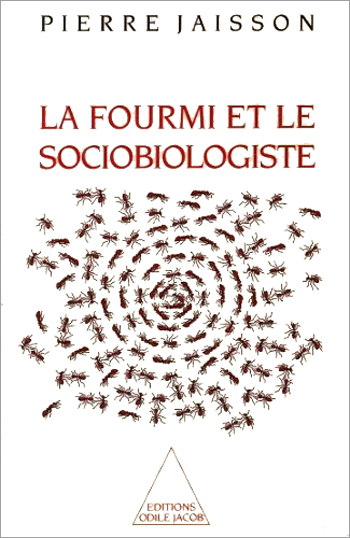
Pierre Jaisson
The Ant and the Sociobiologist
What are the advantages of social organization? P. Jaisson, a sociobiologist, explains how among animals as various as ants, bees, tadpoles and rats, certain altruistic behavior is dependent on a recognized social order. The generalizations fostered by these findings and their application to the human speces are a source of violent debate and moral questioning. Jaisson provides an honest look at the ideological exploitation born of sociobiological study.
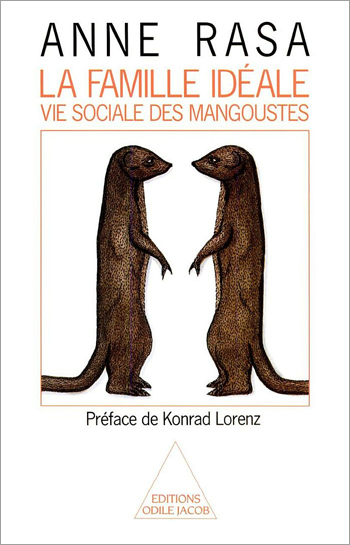
Anna Rasa
The Ideal Family The Social Life of Mongeese
Queen mother, the political leader, the prince consort, the military leader and guardian of the moral standards of their offspring, in turn warriors, baby-sitters, peacekeepers and brave troopers- such is the composition of the ideal mongoose family, those intelligent and appealing predators. A masterpiece of observation, analysis and description, by an ethnologist trained by Konrad Lorenz.

